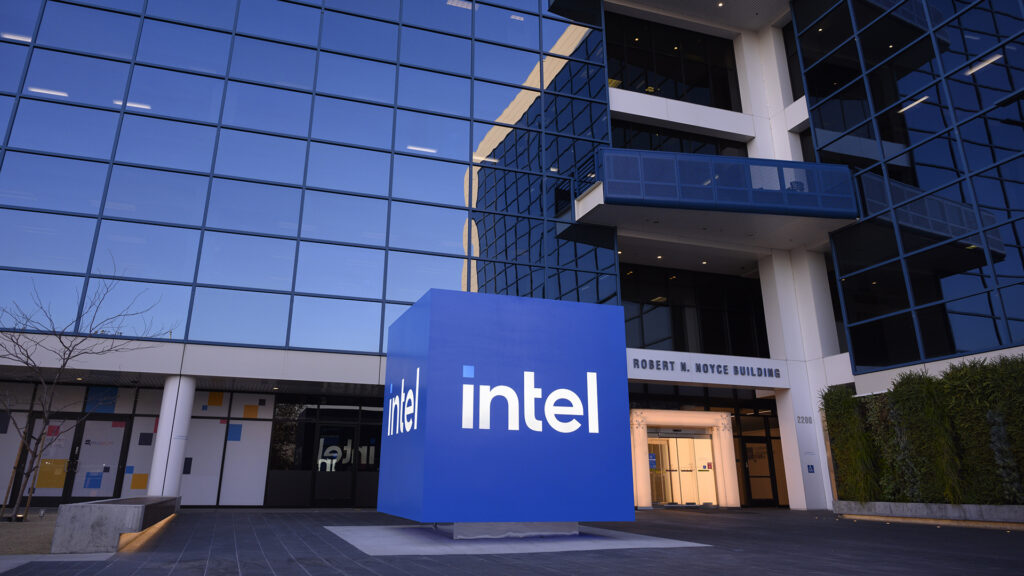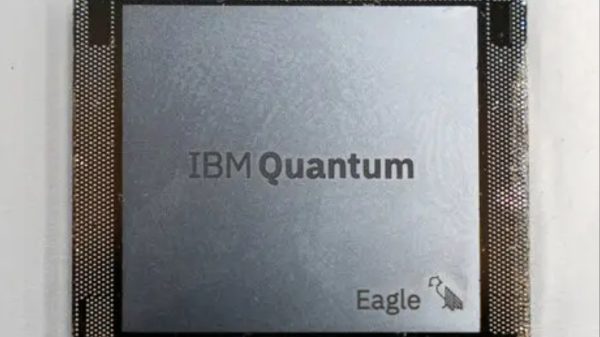Tensions between the US and China are intensifying, leading the Cybersecurity Association of China (CSAC) to demand a review of Intel’s products sold in the country. The CSAC claims that Intel has consistently undermined China’s national security and interests. In response, Intel’s China unit has reaffirmed its commitment to product safety and quality, attempting to alleviate concerns surrounding its technology.
The CSAC’s criticism conveyed through a statement on its official WeChat account, highlights that Intel’s chips, particularly Xeon processors, are prone to frequent vulnerabilities and high failure rates.
This claim points to significant defects in product quality and security management, which the CSAC describes as an irresponsible approach toward customers. Such allegations indicate a growing skepticism of foreign technology companies operating in China.
The CSAC has also raised alarms about potential backdoor vulnerabilities in Intel’s embedded operating systems, which they suggest may be linked to the US National Security Agency. They warn that these vulnerabilities pose substantial risks to critical information infrastructures worldwide, especially in China.

Intel Faces Scrutiny in China as Cybersecurity Association Demands Review Over Security Concerns
By asserting that Intel’s products threaten national security, the CSAC amplifies fears regarding espionage and data breaches in an increasingly tense geopolitical environment.
Additional criticisms from the CSAC include reports of instability issues with Intel’s Raptor Lake chips, which have been known to cause crashes in video games.
The group has also expressed dissatisfaction with Intel’s slow responses to previous security breach complaints. Consequently, the CSAC recommends a comprehensive network security review of Intel’s products sold in China, aimed at protecting both national security and consumer rights.
Although the CSAC is an industry organization rather than a government entity, its close ties to the Chinese government could lead to a security review by the Cyberspace Administration of China (CAC). This follows previous actions, such as the ban on Micron chips due to significant security vulnerabilities.
Such developments could have serious implications for Intel, which generated 27% of its revenue from China in 2023 and has contracts with state-linked agencies for AI projects. With its share price falling and revenue concerns mounting, Intel faces challenges that could further impact its operations in China.









































